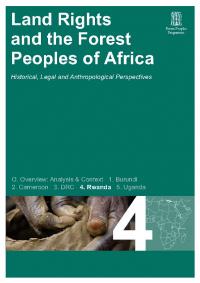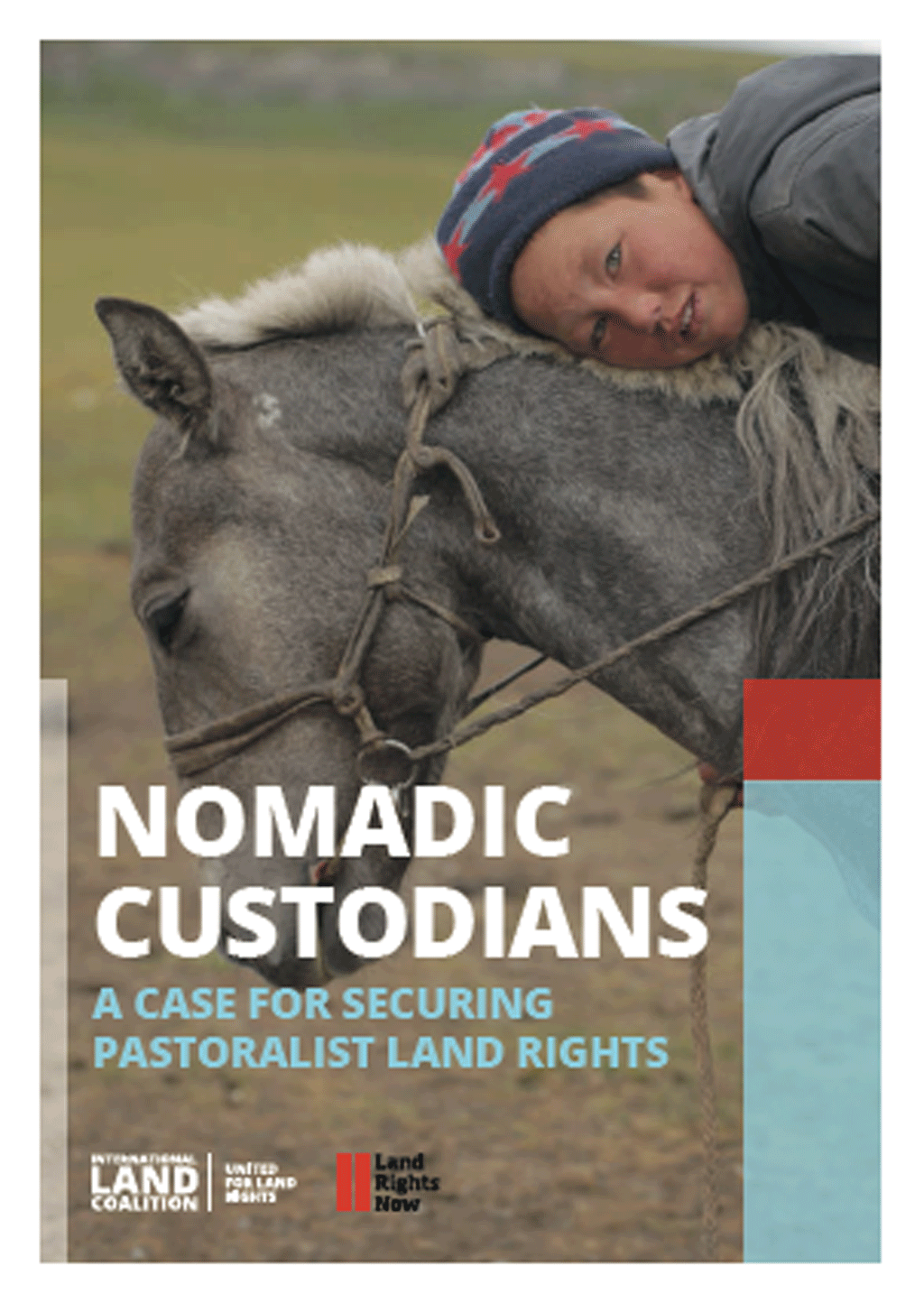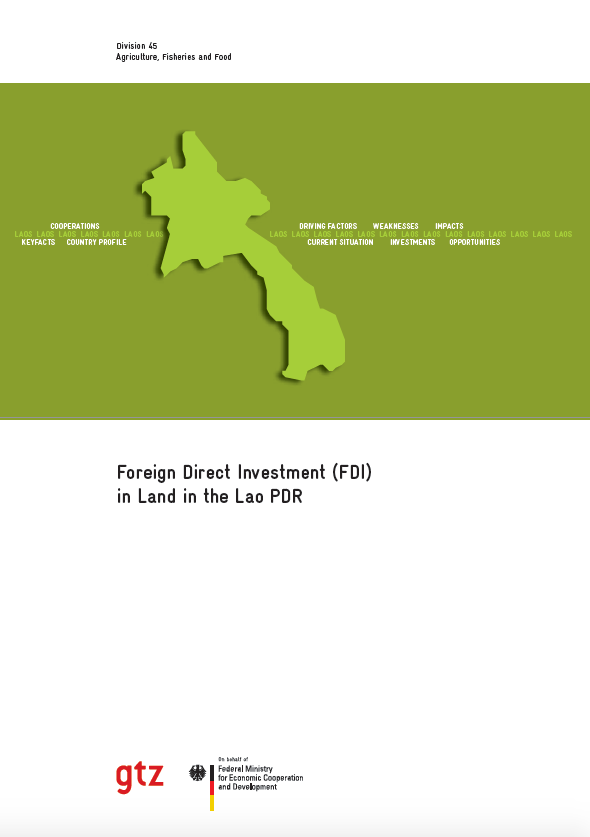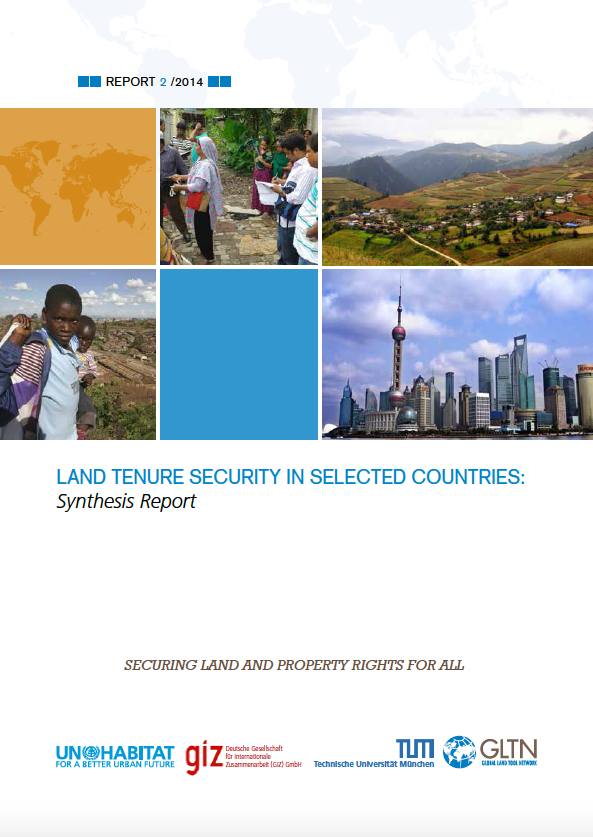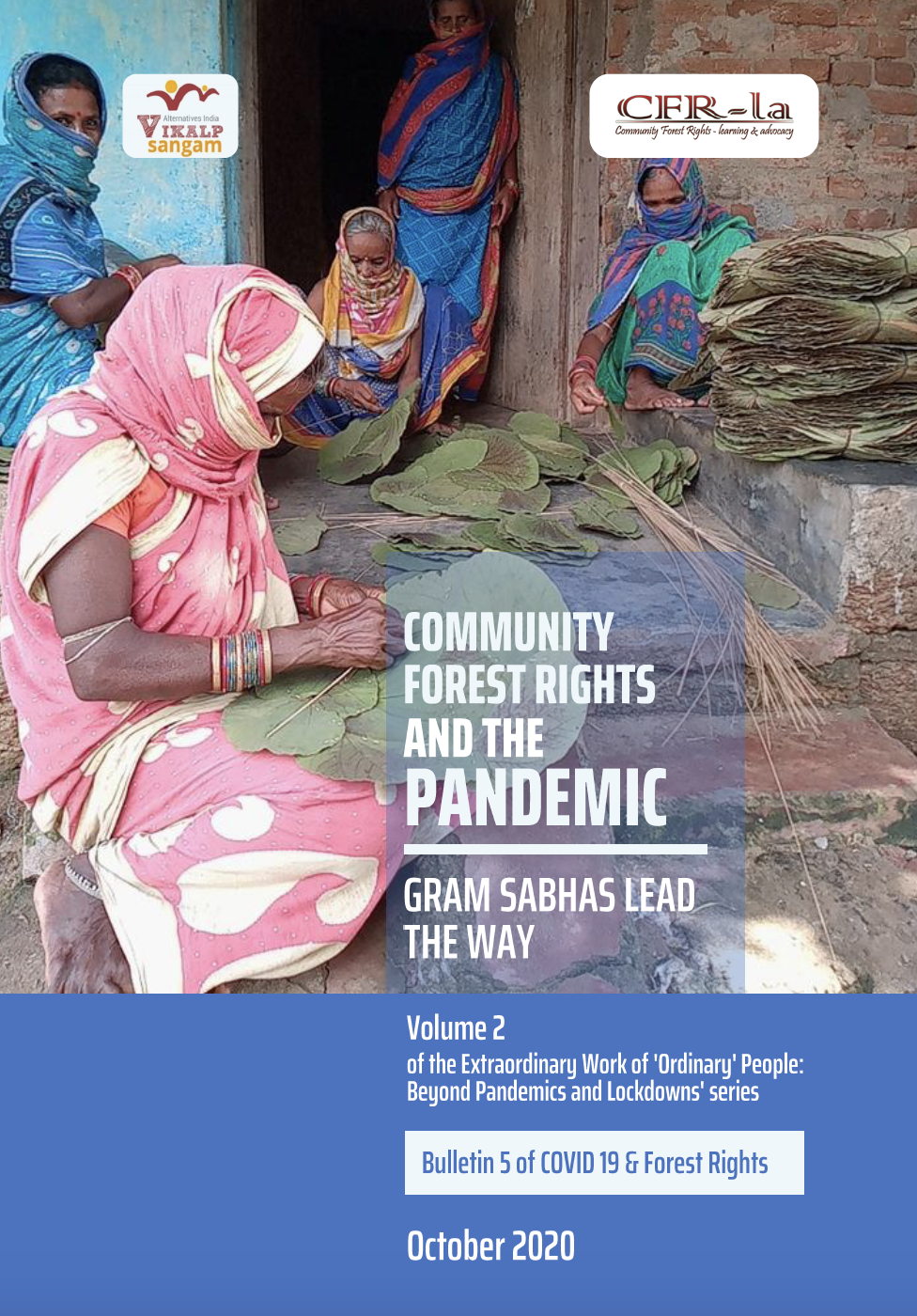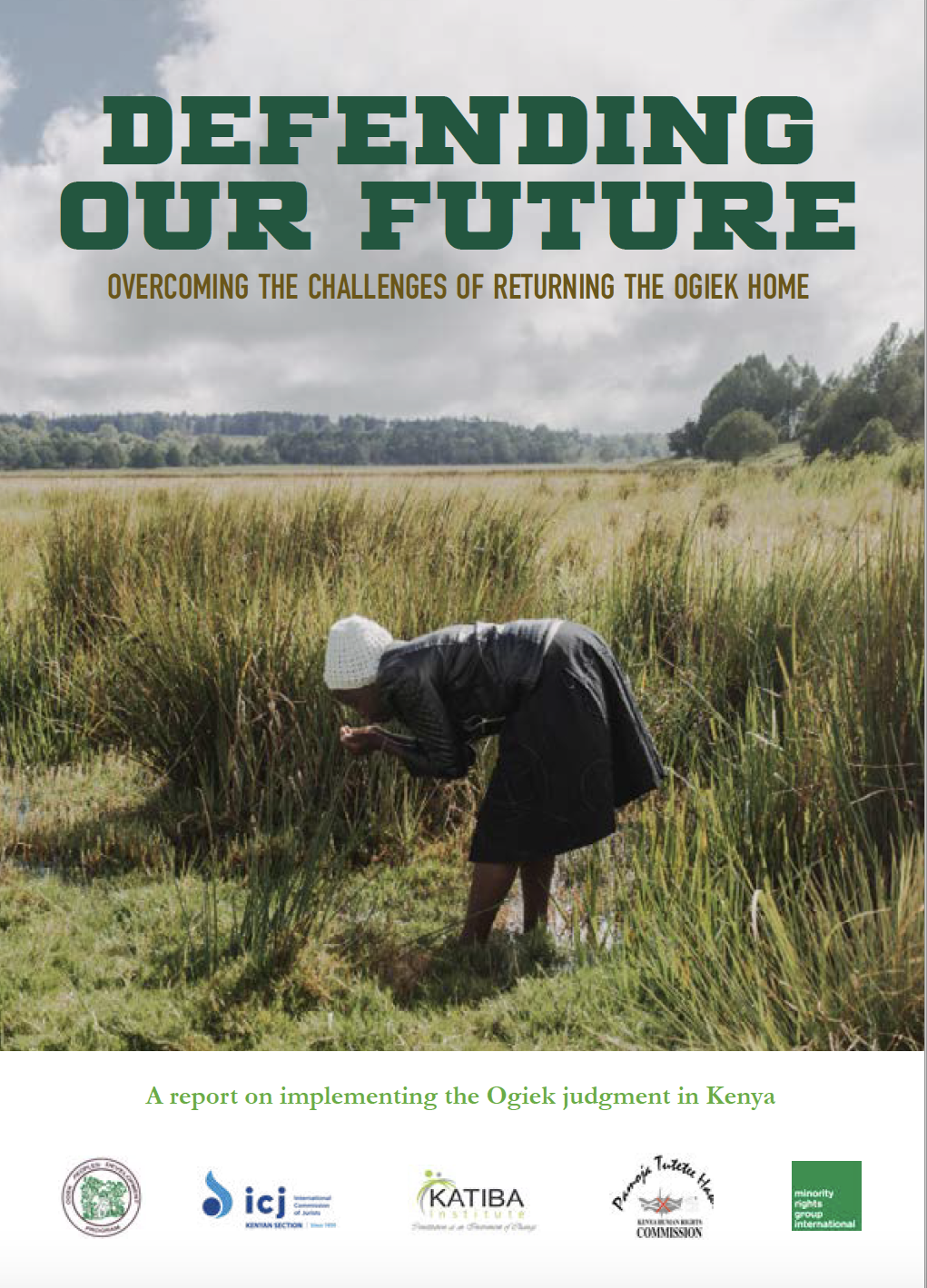Land rights and the forest peoples of Africa - 4 - Rwanda
Land rights and the forest peoples of Africa - Historical, legal and anthropological perspectives
A series of five country studies, plus a broad overview, examining indigenous peoples' land rights in the forested countries of Africa.

